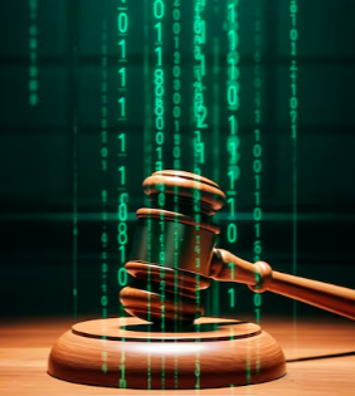Written by Haim Ravia and Dotan Hammer
A Federal District Court in the United States dismissed Stephen Thaler’s appeal against the U.S. Copyright Office denial of Thaler’s application to register the copyright on an image generated by Thaler’s Artificial Intelligence software, known as the “Creativity Machine.” The court held that a work generated by artificial intelligence without a human author does not qualify for copyright protection.
Thaler filed the lawsuit against the U.S. Copyright Office in the federal District Court in Washington, D.C. The key issue of the lawsuit was whether a work generated entirely by an artificial system, devoid of any human involvement, can be eligible for copyright protection. The court ruled in favor of the U.S. Copyright Office, emphasizing that the absence of a human author precludes copyright protection. The court underlined that U.S. copyright law historically safeguarded only creations originating from humans, citing both constitutional principles and historical legal precedents that reinforce this position.
The court also dismissed Thaler’s assertions that various legal doctrines support the transfer of copyright to him. The court pointed out that Thaler’s new assertion, of having “provided instructions and guiding his AI,” contradict Thaler’s initial assertion that the image was autonomously generated by the machine.
Click here to read Thaler v. Perlmutter et al.



